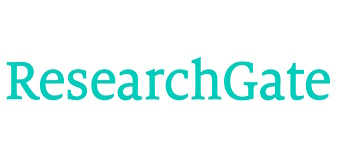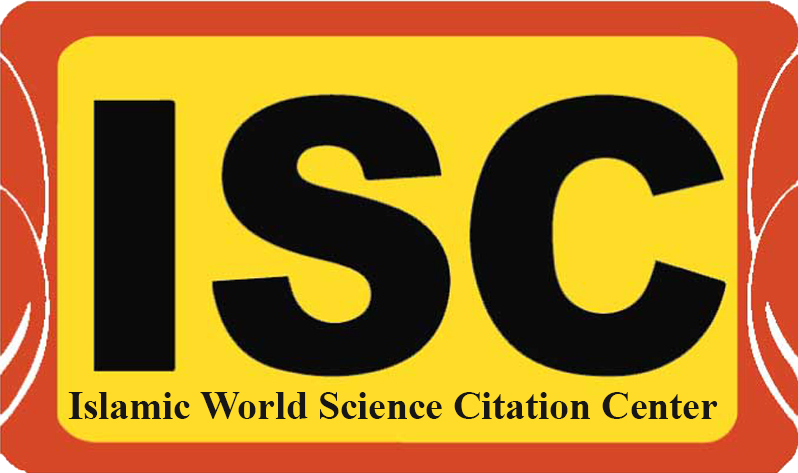The Roles of Family, Emotion Regulation Strategies, and Mental Health in the Problematic Internet Use
Keywords:
Internet, Addiction, Family structure, PsychologicalAbstract
Background and Purpose: Studies indicate that there is a relationship between family and psychological characteristics of individuals with the type of Internet use. Therefore, the present study aimed to investigate the role of family characteristics, mental health, and emotion regulation strategies in predicting Internet addiction. Methods: The present study was descriptive-correlational and its statistical population consisted of students at Shahid Beheshti University. It selected 375 students (195 females and 180 males) by stratified random sampling. The variables were examined by the following tools respectively: The Family Adaptability and Cohesion Evaluation Scale III (FACES-III), The General Health Questionnaire-12 (GHQ-12), Cognitive Emotion Regulation Questionnaire (CERQ), and the Generalized Problematic Internet Use Scale (GPIUS). The problematic Internet use includes subscales, namely mood regulation, social productivity, forced use, double time, isolation syndrome, and interpersonal comfort. Results: The results of the Pearson correlation coefficient and multiple regression indicated that family cohesion predicted mood regulation, social productivity, forced use, double time, and isolation syndrome. Anxiety/depression predicted mood regulation, social productivity, double time, forced use, and isolation syndrome. Furthermore, social dysfunction predicted social functioning. The catastrophizing strategy predicted mood regulation, social productivity, forced use, and isolation syndrome. The self-blame strategy predicted double time. Conclusion: The problematic Internet use was significantly affected by family and psychological characteristics.
Downloads
Downloads
Published
Issue
Section
License

This work is licensed under a Creative Commons Attribution-NonCommercial 4.0 International License.























